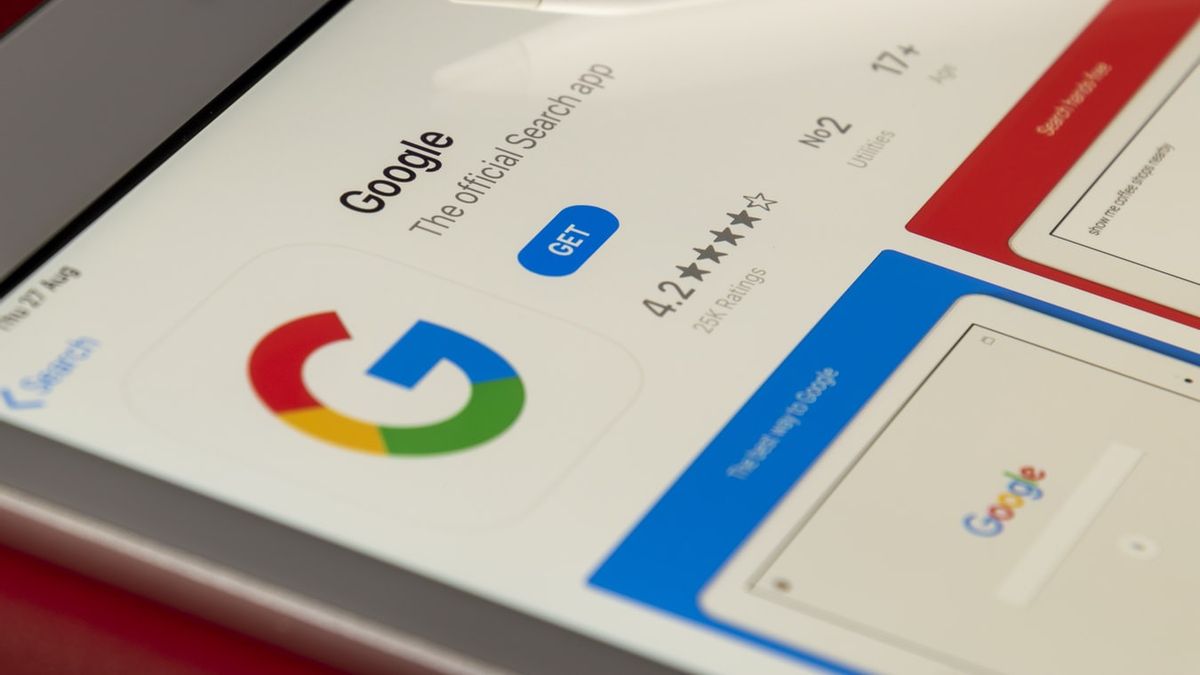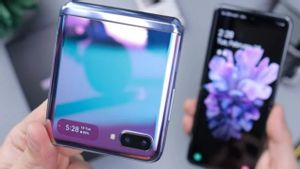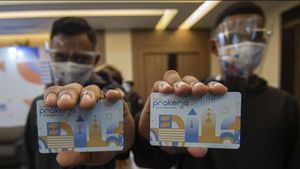JAKARTA - Antitrust lawsuits filed against Google and its Play Store by several US state attorneys in general echo Epic vs. Apple. The new document now highlights how and why Google's app store is so similar.
Reports were emerging Friday, August 27 evening from attorneys appointed to represent consumers in a potential class-action lawsuit that joins the state and Epic Games in accusing Google of abusing monopoly power and anti-competitive behavior.
The report states: “Netflix, Spotify, and Tinder, some of the largest and most popular subscription services in the country, have repeatedly attempted to bypass Google Play Billing. Specifically, Netflix wanted an alternative payment system. Apparently, in an attempt to remedy this displeasure, Google offered to take a significantly reduced revenue-sharing percentage to Netflix. However, not all developers have achieved the success of Netflix, although many are trying to use their own payment systems".
Perhaps the most obvious is to mention that popular subscription services like Spotify, Netflix, and Tinder have tried to find a way around Google Play Billing and that 30 percent cut.
It's no secret anymore, as Netflix and Spotify's reported direct collection of credit card info resulted in Google posting a "clarification" explaining that Play Store apps must use Google's billing system and giving them a year to change.
In this filing, lawyers allege Google offered Netflix a "significant reduction in revenue share" with the clear intention of suppressing its desire to use an alternative payment system.
While we haven't looked at the details or timing of what the pitch should be, it's a direct reflection of what was learned in Epic vs. Apple, where Apple's emails indicate that it offers a range of sweeteners to keep Netflix on its in-app purchases.
“All developers are subject to the same policies as all other developers, including payment policies. We have long had a program that supports developers with increased resources and investment. These programs are a sign of healthy competition between operating systems and app stores and benefit developers", a Google spokesperson told The Verge.
SEE ALSO:
Whether that's a sign of fair competition is debatable, as Google's efforts have largely matched those of Apple, including cutting subscription commissions in half after one year. However, it went a step further in offering developers a 15 percent cut on their first $1 million in revenue.
Google's standard commission of 30 percent is still the main target, as the lawsuit cites internal Google figures that show the break-even rate for revenue sharing is actually only about six percent. The complaint cites an internal Google communication that acknowledges setting an "arbitrary fee" of 30 percent for no reason, other than copying Apple."
Lawyers cited Google estimates as saying even big players like Samsung could only manage $100 million in revenue for 2019. While the Play Store grossed around $4 billion just from Samsung phones.
At the same time, Reuters reported that an unsealed filing in the state AG antitrust case against Google revealed that the Play Store generated a total of $11.2 billion in 2019, with a gross profit of $8.5 billion and operating income of $7 billion.
Google's response to the state attorney general in June said the Play Store "provides more openness and choice than others," and that on Android, "you can choose to download apps from rival app stores or directly from the developer's website".
However, this filing also pokes at that argument, pointing out that Google's OEM agreements with phone manufacturers interfere with making other app stores as easy as accessing the Play Store, which they must include on the device's home screen to pre-load Google, apps like Gmail and Google Maps.
The English, Chinese, Japanese, Arabic, and French versions are automatically generated by the AI. So there may still be inaccuracies in translating, please always see Indonesian as our main language. (system supported by DigitalSiber.id)














